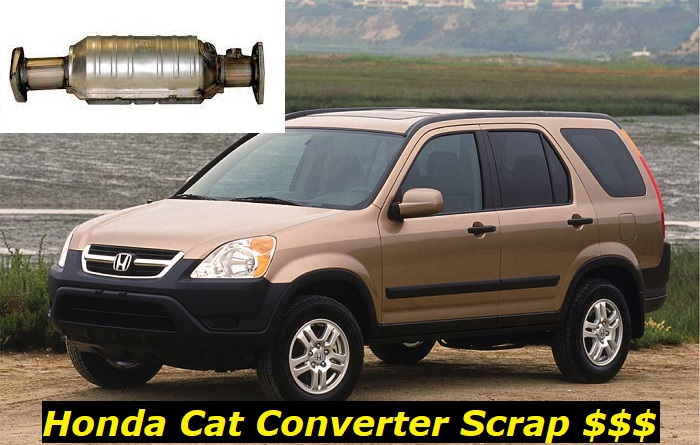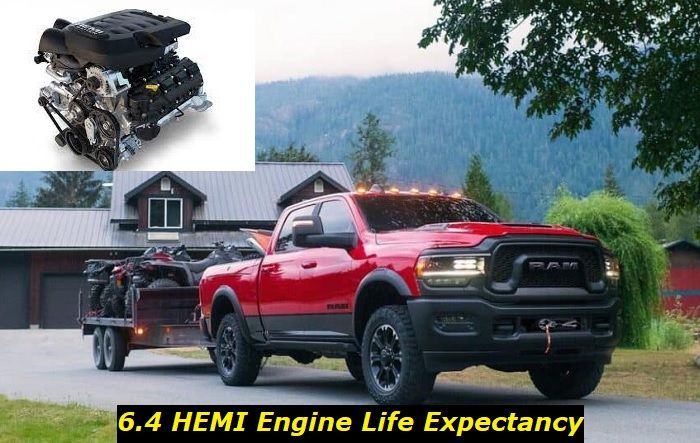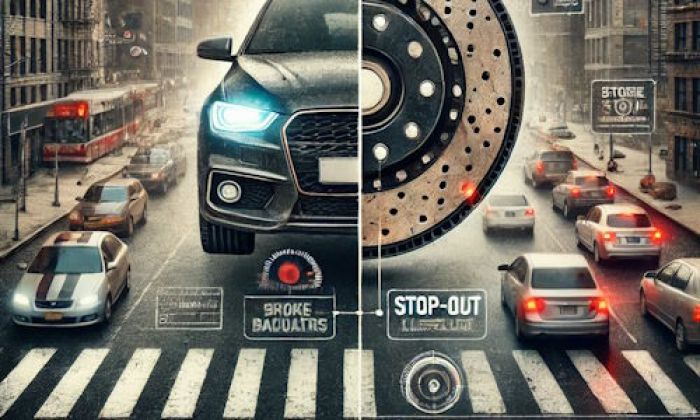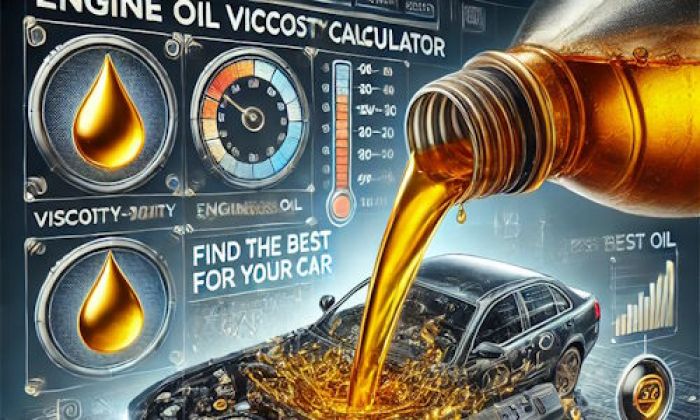Honda is one of the most popular Japanese brands on the American market of vehicles. Honda manufactures a lot of types of transport, but today, we'll concentrate mainly on cars and SUVs. What's more, we'll pay attention to the certain part that every modern Honda vehicle has in its exhaust system. This is a catalytic converter and you should know you can sell it after it's broken.
Today, we'll tell you some facts about the prices of scrap catalytic converters in your Honda. We are pretty sure you'll be able to sell the Honda cat at a better price after you read this article. There are some important things you need to know about catalytic converters from your Honda. And some of these things are extremely important for finding a good price.

Here are some important topics we'll discuss today:
- What types of catalytic converters does Honda use in its vehicles?
- What's the average scrap price of a Honda catalytic converter?
- How to sell a Honda cat converter at a better price?
- What should you know about Honda catalytic converter theft risks?
Let's get started!
What types of converters are there in a Honda vehicle?
Today, we aren't going to talk about a specific model of Honda manufacturer, but we'll consider all Honda cars and their specific features. We should say that Japanese manufacturers don't pay as much attention as American ones to catalytic converters. It means that sometimes, you will not even find the Honda logo on the catalytic converter that is actually OEM.
But still, the majority of catalytic converters from Honda vehicles will be valuable because they contain some precious metals that can be taken out and sold. It means that selling a Honda catalytic converter is basically the same as selling any other cat converter from any type of vehicle.
Here are some specific facts about Honda cats:
- these converters are really valuable because they contain platinum, palladium, and also rhodium to sell after recycling;
- the majority of Honda converters are big or mid-sized, only some pre-cats may be considered small;
- bigger vehicles (SUVs) have bigger catalytic converters than small sedans like Civic, the bigger cats sell at higher prices;
- catalytic converters are all very durable and can last over 130,000 miles or more than 10 years, this is a lot;
- some pre-cats are still not valuable and they can be sold to scrapyards only, they will make you $15-$20 or something like that;
- all Honda OEM cats are protected from rust and other damage factors, so they are bought even if they are really old.
The cool thing is that older catalytic converters are even more durable because they contain a little more precious metals than the newer ones.
It can be quite hard to understand if you have an OEM Honda converter or an aftermarket one. The latter will not be valuable because it isn't likely to contain any precious metals but some grams of platinum. Unfortunately, Honda doesn't usually put serial numbers and logos on its converters, and it makes it hard to differentiate between OEM and non-OEM parts.
But you can be sure that specialists will understand if you have a real Honda converter or just an aftermarket part in your hands. All they need is to look at the cat or at least to look at its pictures. Also, you may need to weigh the catalytic converter to see if the honeycomb is still there and isn't damaged.
How much should a Honda cat converter cost, on average?
We can't now count the average price for all cat converters made by Honda, but we should say that the majority of them shouldn't cost less than $120 even if they are a little damaged or very old.
Catalytic converters from a Honda company contain 1-2 grams of rhodium. If we are talking about the big cat converters, they may even cost up to $250-$350 each because recycling companies can take over 1.5 grams of rhodium when dealing with these catalytic converters.
But the average price will be about $120-$180 for a single catalytic converter. This is not bad if compared to the average price of the catalytic converters from passenger cars in the US which is about $90.
For a single Honda catalytic converter, a recycling company can get over 5 grams of palladium, about 7 grams of platinum, and 1-2 grams of rhodium. The overall cost of these metals can be well over $1,000 from one catalytic converter.
You may ask why won't buyers pay you $1,000 for a Honda catalytic converter if they still get more after recycling? The answer is simple: they need to spend hundreds of dollars on the recycling process. Salaries, rent payments, license payments, energy bills, etc. - these factors take the majority of the money they may earn.
The process of recycling a Honda catalytic converter implies using a lot of heat energy. The metals are literally melted out of the honeycomb which is not cheap at all.
Who can you sell a Honda cat converter to?
Selling a catalytic converter at a good price is not that easy. You will probably think of scrapyards first and many people do the same. But just get rid of these thoughts because scrapyards pay only half of what the cat converter you have costs. Why? They don't recycle them, they just resell these cats to recycling companies.
The same may be applied to different private buyers and exhaust shops that offer you to buy out the converters from your Honda. They just seek some ways to get revenue and they will never offer you a good price.
So, here's how you should sell your Honda catalytic converter:
- Find some recycling companies that agree to buy the converter you have in your hands. Find them online, it doesn't matter much where they are located.
- Take pictures of the converter you have so that all sides and parts were clearly seen in these pictures.
- Quote to learn the price. Many recycling companies allow customers to quote online.
- Wait for the answers. Better quote in different companies so that you could compare the price offers.
- Once all companies answer you back with their price offers, compare prices and choose the best option.
- Ship the converter and expect your money.
It's important to cooperate with a proper recycling company. If you choose a company that pays little money, you will lose your revenue. That's why we offer to send the pictures of your converters to as many recycling companies as possible.
Of course, you may also inquire about prices in other companies and compare what you can get. But usually, recycling companies are still the best options.
Is Honda catalytic converter theft possible?
Unfortunately, you are not the only person who now knows that Honda catalytic converters cost some money. Different criminals know that, too. And they will hunt for a Honda cat standing in a convenient place for taking the cat converters out.
Usually, SUVs are prone to such problems because they have higher ride height and the cats are bigger there. It's hard to get under the Civic or Accord. But it's not a problem to get under the CR-V or Pilot.
Here's what you can do to prevent Honda cat converter theft:
- always park your car in an area where it is not convenient to cut off the cat converter;
- park your car over something that can be an obstacle for a person willing to steal the converter;
- use special cages and other equipment to make it much harder to get the converter from your vehicle;
- use an optimal security system that will push back anyone willing to mess around your car;
- don't leave your vehicle in a place where catalytic converter theft is possible.
Year by year, the number of catalytic converter theft issues is getting bigger. You need to protect the converter in your Honda, especially if you have an SUV or a truck. One day, you may just start your car and learn that there is no converter in the exhaust system.
After about 130,000 miles, the OEM cat converters will stop working properly and clog. You will need to decide whether you want to install the new OEM converters or to use cheaper aftermarket options.
Final words
We know that the converter in your Honda costs some money. Now you also know how to sell the catalytic converter that has stopped working properly and get more money from your deal. Selling a broken cat to a recycling company is actually the best choice, so we would do this. But you have a choice of options.
The average price for a Honda catalytic converter should be about $120 to $180. But you should know that some cats are cheaper because they are just smaller and some are more expensive thanks to the bigger weight and more precious metals inside. Find your best way to sell a broken Honda cat and get more money for this part.
About the authors
The CarAraC research team is composed of seasoned auto mechanics and automotive industry professionals, including individuals with advanced degrees and certifications in their field. Our team members boast prestigious credentials, reflecting their extensive knowledge and skills. These qualifications include: IMI: Institute of the Motor Industry, ASE-Certified Master Automobile Technicians; Coventry University, Graduate of MA in Automotive Journalism; Politecnico di Torino, Italy, MS Automotive Engineering; Ss. Cyril and Methodius University in Skopje, Mechanical University in Skopje; TOC Automotive College; DHA Suffa University, Department of Mechanical Engineering






Add comment